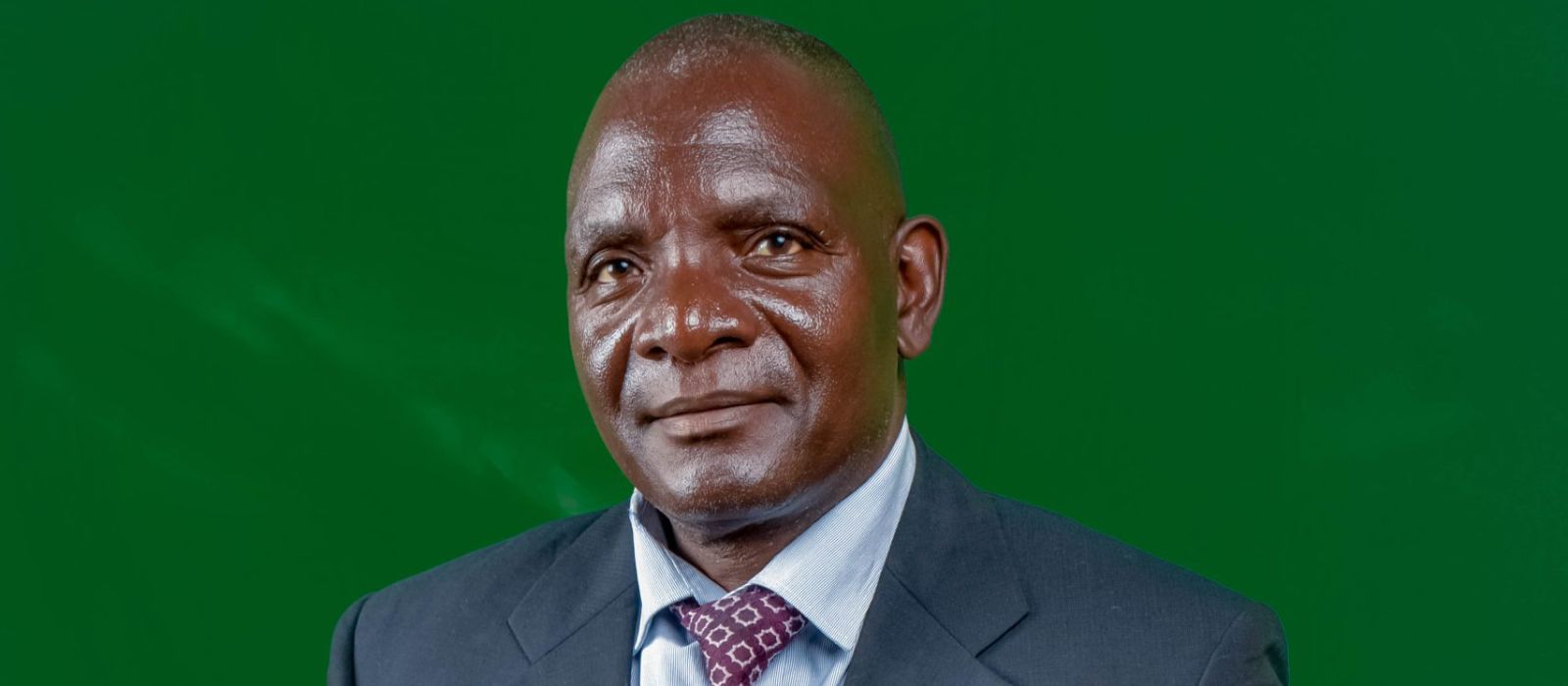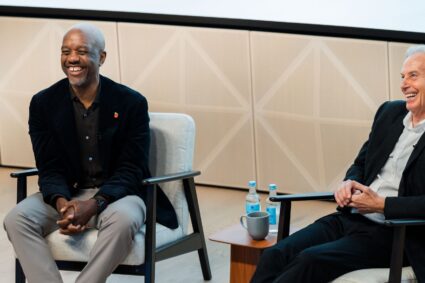
Exclusive with Gweru’s Creative Writer – Dennis Gumi: The excessive focus on protecting the girl child has resulted in neglecting and leaving the boy child vulnerable. Many developing countries are struggling with issues like early child marriages and teenage pregnancies, with a predominant emphasis on safeguarding the rights of girls.
My Afrika Magazine reporter, Lingiwe Gumbo (LG) had an exclusive moment with a Gweru creative writer Dennis Gumi (DG) to shed more light about the ‘Abortive Future.’
LG: Please tell us who Dennis Gumi is? Your life background, up to present day.
DG: Dennis Gumi is a man that was born 57 years ago in Ndanga Tribal Trust land, went to school there and learnt the love of a family there. After training as a teacher in Mutare in 1993, I worked briefly in Masvingo Province before relocating to the Midlands Province in 1997 till the present day. I am a teacher by profession, teaching quite a number of subjects to high school students. Currently I’m teaching at Mkoba 1 High School. That’s almost all about me.
LG: May you please shed more light on the book Abortive Future. What is it about and what was the inspiration towards the writing of the book?
DG: ‘Abortive Future ‘ is about a boy called Themba. Themba in Ndebele means hope. Themba contradicts the baptismal name which resonated with his parents hope by dropping out of school, from the hands of teachers only to fall into the hands of the police after floundering into the company of his friends who are already seasoned thieves and drug takers. They are eventually arrested by police in Bulawayo and a senior police officer, Denford Dlamini (surname suggestion generosity) feels arresting the youngsters in itself is not enough, but all adults must have a part to play to restore a future generation which is on the verge of demise. He is faced with challenges in his endeavour, the biggest of which being society is overprotecting the girl-child while neglecting the boy child.
Meanwhile, Themba’s mother is worried about the missing boy and further put into misery by other spoilt boys in Chiundura communal area. The inspiration, basically, is my compassion for the neglected boy child because these circumstances: 1) boys are always born fewer than girls. 2) The wind that blows away focus is more severe on boys than on girls. 3) Academically, boys are performing less pleasantly than girls 4) the law itself is more emphatic on the protection of girls than boys. So the boys are 4-nil down. In that way, the future looks abortive, doesn’t it?
LG: How was your experience working with the publisher?
DG: I’m sure by ‘the publisher ‘ you are talking about Dream Discovery Publishers, for I have also worked with Secondary Book Press. Dream Discovery is a publisher worming its way up the ladder of success. The relationship (professional that is) has been based on mutual understanding. I mean, we discussed issues every time and each of the two sides saw sense in the other. That was how it is.
LG: Are there any more books you are writing or working on?
DG: Currently I’m working on my autobiography which I had targeted to be complete by April 2024. But it seems it will take a whole 4 months’ duration of more time as new inspiration and nostalgia are added into my spirit as I write. So by August I should be done. I’m also working on a Shona traditional taste of story-telling titled “Nhumba yamaturikubwa” which should be complete by December 2024. I’m also writing drama scripts for Television which will touch on some aspects of our social life which I feel are unjust: deception in church, greed for ‘manna’ which is provided for free by God, the destructive side of modern technology, and many others.
LG: Do you see any of your children following your path as a writer?
DG: My biological children have already chosen careers which they think will bring food on the table. Writing books is just passion (and possibly fame) but no food. Few of my classroom children, however, may follow the path of their macho-dad.
LG: Do you think there is hope for the younger generation? Can literary works really help in curbing this issue?
DG: Literary works alone are far from being the answer, but some form of creativity (and a lot of grace from God) in the form of livening up the literary will do the trick.
LG: As an educationalist, you are in the company of secondary school children. Which literary works do they seem to be attentive to? Give examples
DG: I honestly do not see the generation of my students keen to read the novels that I write, but through the comprehension passages that I write myself, I catch them there and ask them about the cross-cutting issues they have read about. There I include my stuff.


